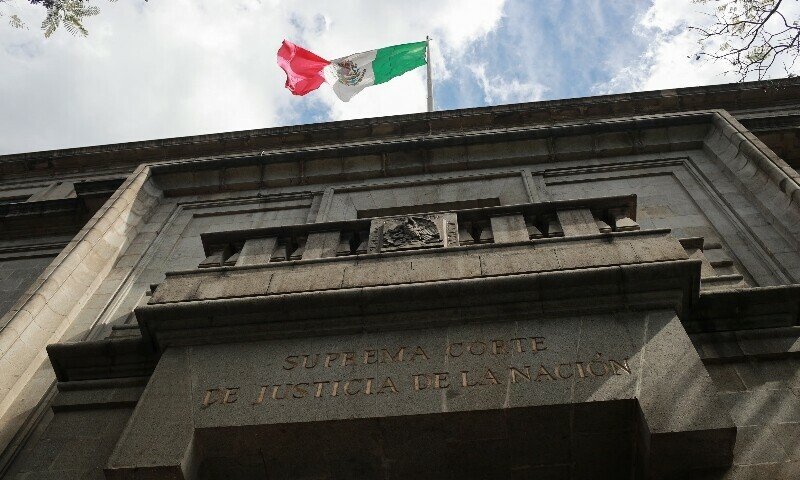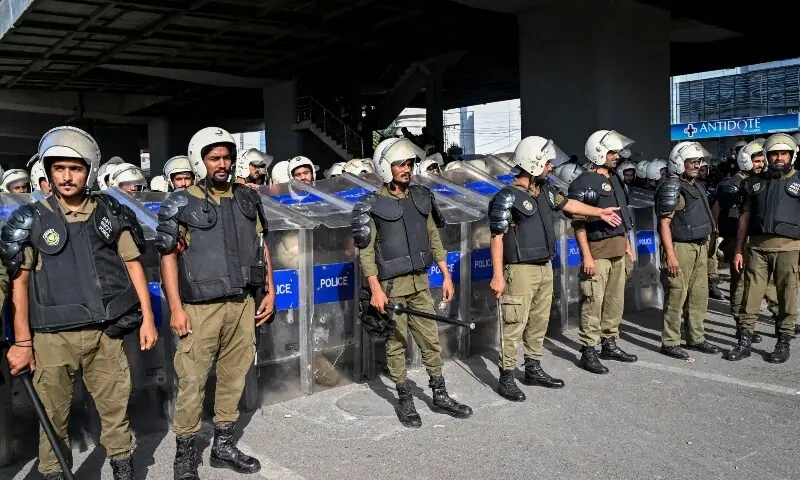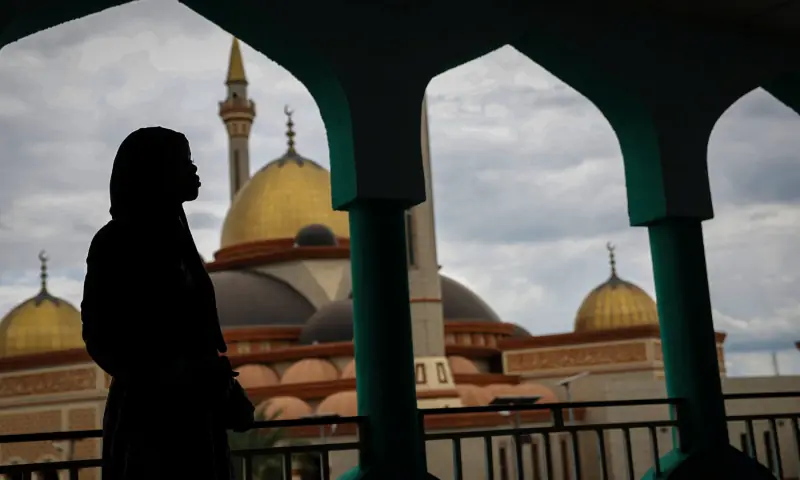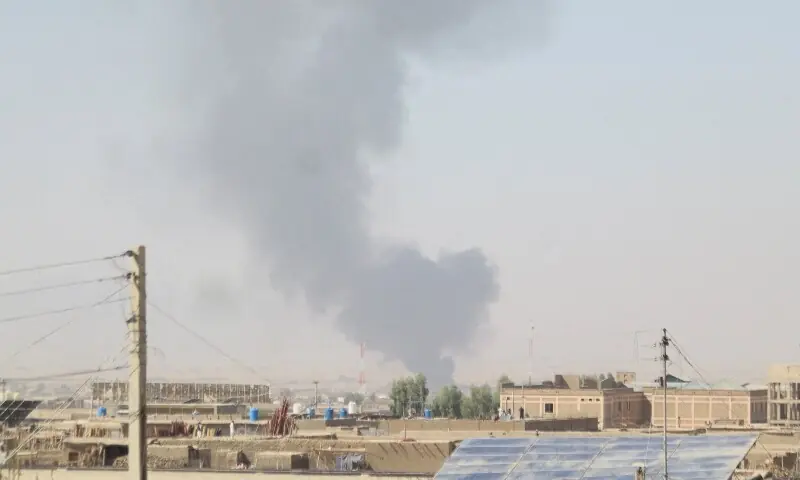Mexico will become the only country in the world to allow voters to choose all their judges, generating a strong disagreement about whether the reforms will decrease or strengthen criminal influence on the courts.
The government says that the popular vote is needed unprecedented by judges and magistrates at all levels, including the Supreme Court, to address unbridled corruption and impunity.
Critics argue that it will undermine the independence of the Judiciary and warn the participation of controversial candidates, as a former lawyer for the famous drug trafficker Joaquin “El Chapo” Guzman, means that he is sentenced to counterweight.
On Sunday, voters will choose several thousands of federal, district and local judges and magistrates. Another choice for the rest will be held in 2027.
Not anyone can apply for one of these works. Candidates must have a law title, experience in legal matters, which is called “a good reputation” and there is no criminal record.
The opponents, including judicial workers, have celebrated a series of protests on Mass Street in a failed attempt to stop the reforms.
“Justice is not something to vote for,” and needs people with specialized experience and knowledge, said Olimpia Rojas Luviano, a 28 -year -old lawyer.
But Maria del Rocio Morales, a judge who is standing to be a magistrate in the capital, said she was happy to participate.
“For the sake of my city and my country, I will,” he said.
President Claudia Sheinbaum has started signs that it is unlikely that many voters participate in the vote.
“People are very intelligent and know who they are going to vote,” said the veteran and leftist.
According to the surveys of the The Universal and The country The newspapers, only half of the voters know the date of the elections and only four out of 10 are sure they will participate.
Judicial ‘Potted’
While the judicial elections are not new (the United States and Bolivia, for example, allow voters to choose some judges, Mexico will be the only nation that chose them at all levels.
The reform was defended by the predecessor and mentor of Sheinbaum, Andrés Manuel López Obrador, who criticized the judicial system as “rotten”, corrupt and attending the interests of the political and economic elite.
Mexico has a long history of human rights violations that remain unpunished, including the disappearance of 43 students from a University Training University in 2014, allegedly at the hands of drug traffickers and corrupt authorities.
Despite dozens of arrests, there have been no convictions.
Mexico’s criminal justice system “is deeply ineffective in guaranteeing the responsibility of criminal violence and abuses by security forces,” according to Human Rights Watch, based in New York.
López Obrador frequently faced the Judiciary, in particular the Supreme Court, which prevented some of its policies.
Sheinbaum, who replaced him in October, is a firm defender of radical changes. His opponents say they will eliminate democratic controls and balances.
The Sheinbaum ruling party already dominates both Congress cameras.
The opponents warn that the chosen judges could be more vulnerable to the pressure of criminals, in a country where the powerful drug cartels regularly use bribery and intimidation to influence officials.
Defensorxs of the Rights Group has identified around 20 candidates that it considers “high risk” for reasons, including accusations of posters, corruption and sexual abuse links, despite the fact that one of the requirements for running is not having a criminal record.
These people include Silvia Delgado, a former lawyer of “El Chapo”, the co -founder of the Sinaloa cartel imprisoned in the United States.
Defensorxs describes her as a candidate who “defends the alleged drug traffickers.”
Delgado, who is standing to be a judge in the northern state of Chihuahua, said AFP: “Each person has the right to advise.”
According to Defensorxs, another controversial candidate who seeks to be a district judge in the northern state of Durango fulfilled prison time in the United States for drug crimes.
An important concern for voters is the complexity of a vote that will require people in Mexico City to mark nine tickets for local and federal judges.
“I think even the people who devised him do not know how to do it,” said Rojas Luviano.









